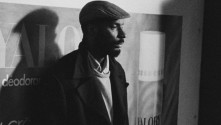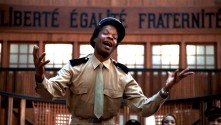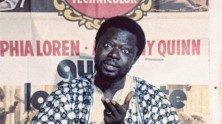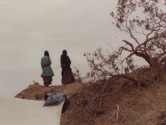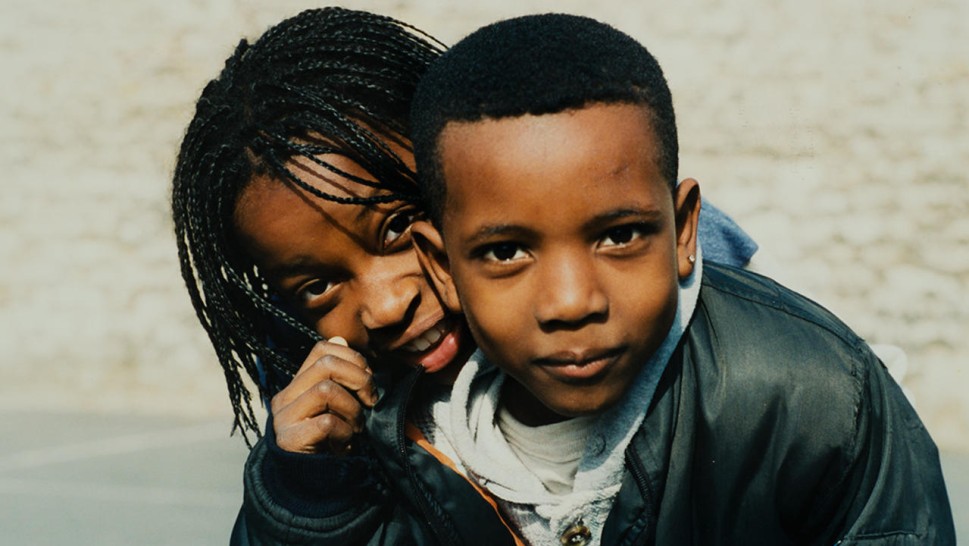
Watani
(Watani, un monde sans mal)
With Patrick Poivey, Coumba Awa Tall, Mboup Massyla.
France, 1998, 35mm, color, 78 min.
French with English subtitles.
Print source: HFA
Watani is one of Med Hondo’s least discussed films, but arguably, one of his most powerful. Shot in black and white on a shoestring budget, in a minimalist mode and with winks toward silent cinema and hip hop culture, Watani was inspired by news of daily humiliation of migrants and a general context of fear.
The film contrasts the lives of two characters who lose their job on the same day: Patrick Clement, a married bank clerk with two daughters and a wife consigned to a wheelchair following a terrorist attack and Mamadou Sylla, an African immigrant, also a father of two, who is a garbage collector. While the latter seeks employment in vain (in a situation reminiscent of Soleil O), the former drifts slowly into the hands of extremist rightwing groups who attack and kill Black and Arab migrants in the dark of the night. Symbolically rich, the film has important resonances with longer histories of France’s relationship to its former colonies, namely the famous October 17, 1961 massacre of Algerian migrants in Paris directed by the then Police Chief himself in reprisal against the FLN’s independence struggle.
In this film, Med Hondo de-emphasizes speech and stresses the cine-discursive potential of the articulation of sound and image tracks, making this a genuine montage film, and leaving it up to the spectator to make the necessary connections. With beautiful tracking shots and music often carrying the filmmaker’s point of view, Watani also includes exquisite Chaplin-esque and Fellini-esque pantomime scenes. It is Med Hondo’s first experiment with the video medium. In a move to restore hope in the possibility of a world of transracial conviviality, Med Hondo uses color only at the beginning and at the end of the film—in the post-credit scene—constituting, in the process, the migrant experience as universal experience.

